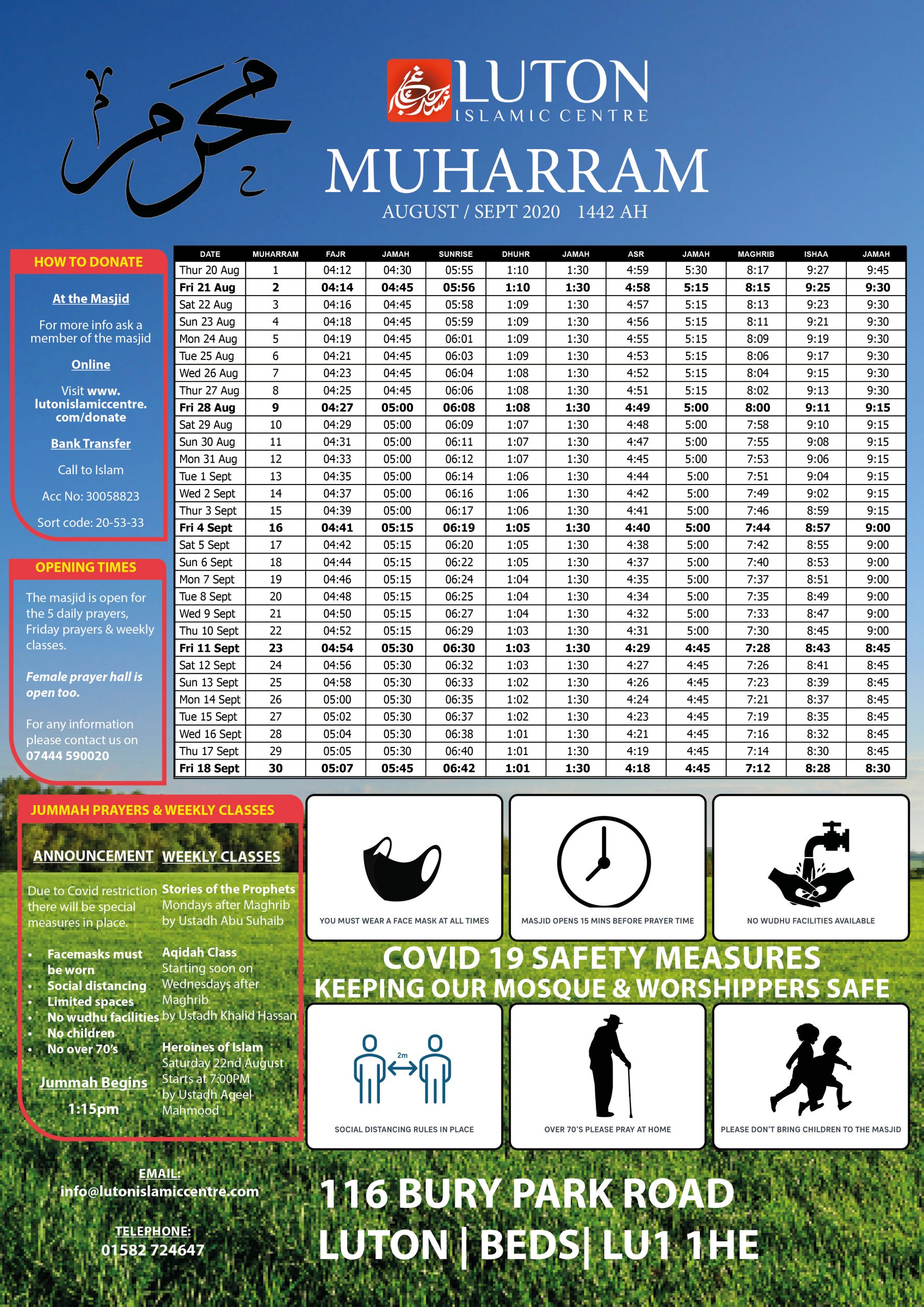Finding Peace: Your Essential Guide to Prayer Times

In a world that often feels chaotic and fast-paced, finding moments of peace can seem like a distant hope. One powerful way to cultivate a sense of calm is through the practice of mindful prayer. Understanding and embracing the concept of prayer times can serve as a transformative tool in your daily routine, helping to ground you amidst the hustle and bustle of life.
Prayer times offer us an opportunity to pause, reflect, and reconnect with our inner selves. Whether you follow a specific religious tradition or seek a more spiritual practice, the act of setting aside designated moments for prayer can enhance your overall well-being. This guide will explore the significance of prayer times, how they can bring tranquility to your life, and practical tips for incorporating them into your daily schedule.
Table of Contents
ToggleUnderstanding Prayer Times
Prayer times are integral to many religious practices, serving as designated moments for individuals to pause and connect with their spirituality. These times vary based on geographical location and the specific religious tradition. For instance, in Islam, there are five daily prayers, each with a specific time frame dictated by the position of the sun. These prayer times not only structure the day but also create a rhythm that encourages a mindful approach to life.
The determination of prayer times often relies on astronomical calculations. In the case of Islamic prayer, Fajr occurs at dawn, Dhuhr just after midday, Asr in the afternoon, Maghrib at sunset, and Isha after nightfall. Many communities have developed tools such as prayer calendars or mobile applications that provide accurate prayer times based on local sunrise and sunset periods. This accessibility allows practitioners to adhere to their prayer commitments even amidst busy schedules.
Understanding prayer times involves recognizing their significance beyond mere obligation. They provide moments of reflection, gratitude, and a sense of community. Engaging in these rituals can foster a deeper connection to one’s faith and encourage a more peaceful state of mind throughout the day.
Calculating Your Local Prayer Times
Determining your local prayer times is essential for maintaining a consistent spiritual practice. To accurately calculate these times, you need to consider your geographical location, as prayer times vary significantly from one place to another. Many online tools and mobile applications can assist you in obtaining precise prayer times based on your location. Simply enter your city or allow the app to access your location for an automatic calculation.
Another crucial factor in calculating prayer times is the method used for determining the timings. Different Islamic communities may use varying calculation methods, which can result in slight differences in prayer times. It’s important to familiarize yourself with the method that your local mosque or community follows. Some mosques may also provide printed schedules that are worth checking if you prefer a physical reference.
Additionally, it is helpful to keep track of seasonal changes, as prayer times shift throughout the year due to variations in daylight hours. Many apps and websites account for these changes, offering you the ability to view prayer times for the entire month. Staying organized and informed about your local prayer times enables you to fulfill your spiritual obligations promptly and ensures you remain connected with your faith.
The Importance of Consistency in Prayer
Consistency in prayer times serves as a foundation for spiritual growth and connection. Regularly observing prayer times creates a rhythm in daily life that fosters mindfulness and discipline. By setting aside specific moments each day for prayer, individuals can cultivate a deeper awareness of their faith and the presence of the divine in their lives. Muslimische Gebetszeiten This routine not only helps in nurturing a personal relationship with God but also instills a sense of peace and purpose.
Furthermore, maintaining consistent prayer times can provide a sense of community among those who share similar beliefs. When people gather for prayer, whether in a congregation or with family, it strengthens bonds and creates a supportive environment. This communal aspect of prayer reinforces shared values and collective spirituality, making the act of praying not just a personal endeavor but a communal one. It highlights the importance of togetherness in faith, contributing to social and emotional well-being.
Lastly, regular prayer times can serve as a source of comfort during life’s challenges. In moments of stress or uncertainty, turning to prayer provides solace and guidance. The consistent practice allows individuals to develop a reliable outlet for their thoughts and concerns, helping them navigate through difficulties with a sense of security and hope. By grounding oneself in regular prayer, the power of faith can profoundly influence one’s perspective and resilience in facing life’s trials.
